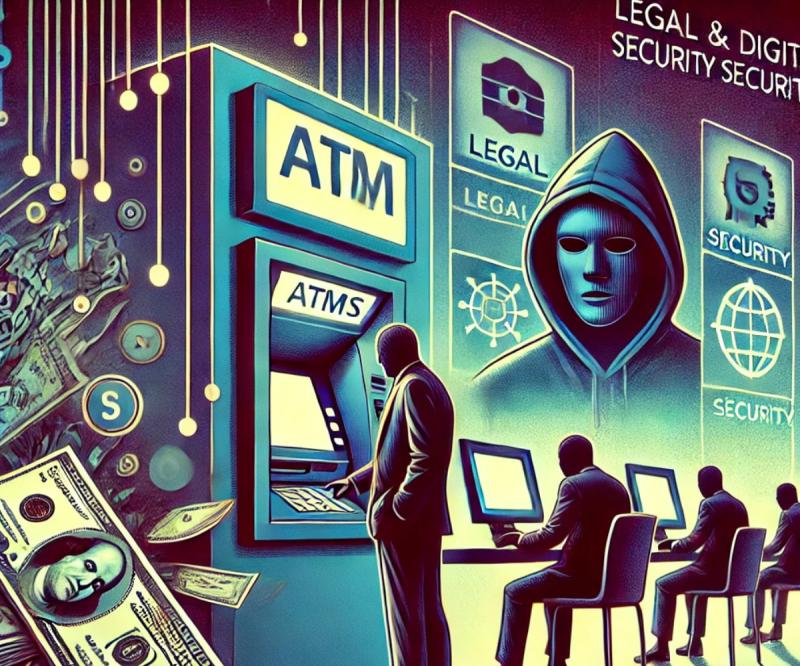
- agastya9
- 30 Oct 2024 12:14 AM
- JPMorgan, Infinite Money Glitch, Law Suite
JPMorgan Chase has initiated lawsuits against several customers accused of exploiting a technical glitch that allowed them to withdraw cash from ATMs before deposited checks had bounced. The issue, widely referred to as the "infinite money glitch," recently went viral on TikTok, prompting the bank to take legal action in federal courts against some of the customers who allegedly took out the highest sums.
One case filed in Houston involves a customer who, according to JPMorgan, owes $290,939.47 after an accomplice deposited a counterfeit check for $335,000. "On August 29, 2024, a masked individual deposited a check for $335,000 into the defendant’s Chase account," the bank noted in the court filing. "The defendant then began to withdraw most of the fraudulent funds."
JPMorgan, the largest U.S. bank by assets, is currently investigating thousands of possible incidents linked to the glitch but has not disclosed the full scope of losses. According to Nasdaq’s Global Financial Crime Report, paper checks still account for a significant portion of fraud, with global losses reaching $26.6 billion last year despite a shift toward digital payments.
Videos promoting the "infinite money glitch" circulated widely in late August, showing individuals withdrawing large sums of cash from Chase ATMs soon after depositing bad checks. Banks typically make only a small portion of a check’s value available immediately, withholding the rest until the check clears, which usually takes several days. JPMorgan reports that it closed the loophole within days of its discovery.
In addition to the Houston lawsuit, JPMorgan filed cases in Miami and California’s Central District, with claims that customers owe amounts ranging from $80,000 to $141,000. While these cases involve larger sums, JPMorgan is investigating numerous other cases involving smaller amounts, according to sources familiar with the matter.
In each instance, JPMorgan’s security team contacted the alleged perpetrators, who have yet to repay the money from the fake checks, violating the deposit agreements signed when opening accounts. The bank is now seeking restitution, along with interest, overdraft fees, legal expenses, and, in some cases, punitive damages.
These civil suits may mark the beginning of extensive litigation intended to recoup losses and send a message that JPMorgan will not tolerate fraud. The bank has prioritized cases involving substantial sums and possible links to organized crime, according to sources.
While JPMorgan's actions are separate from any criminal cases, the bank has referred several incidents to law enforcement agencies across the U.S. "Fraud is a crime that affects everyone and erodes trust in the banking system," said JPMorgan spokesman Drew Pusateri in a statement to CNBC. "We’re committed to pursuing these cases and working closely with law enforcement to ensure that anyone committing fraud against Chase and its customers is held accountable.






























